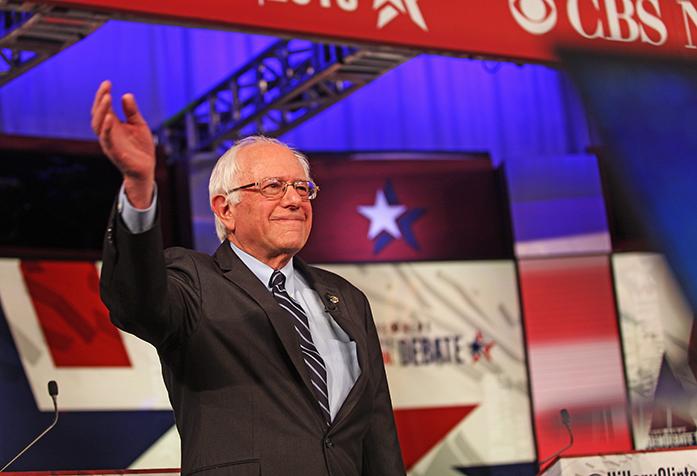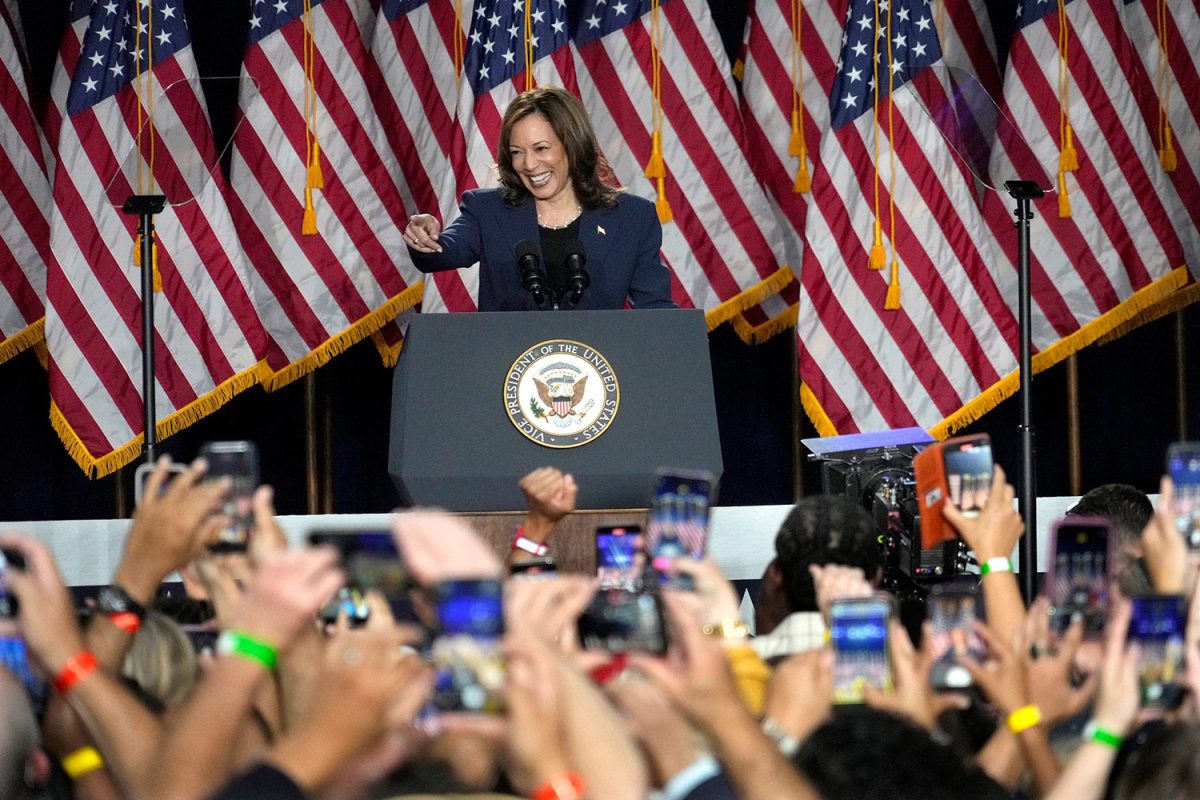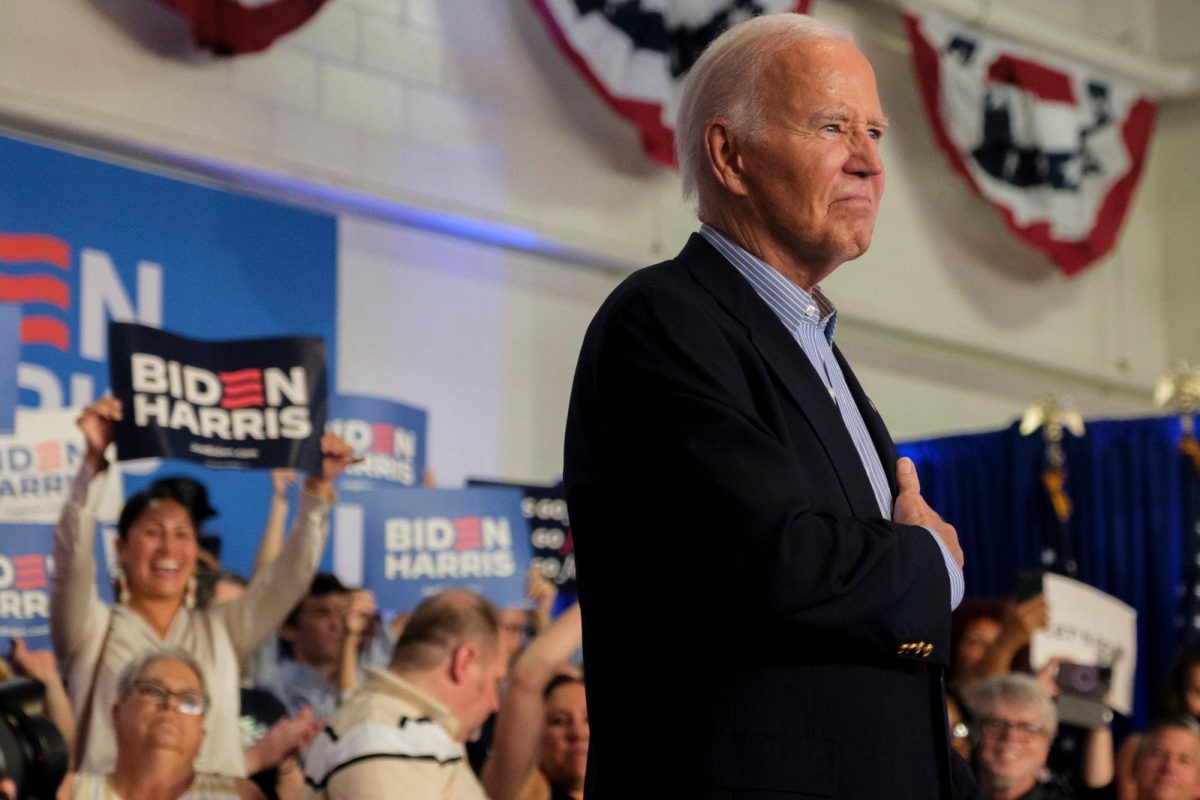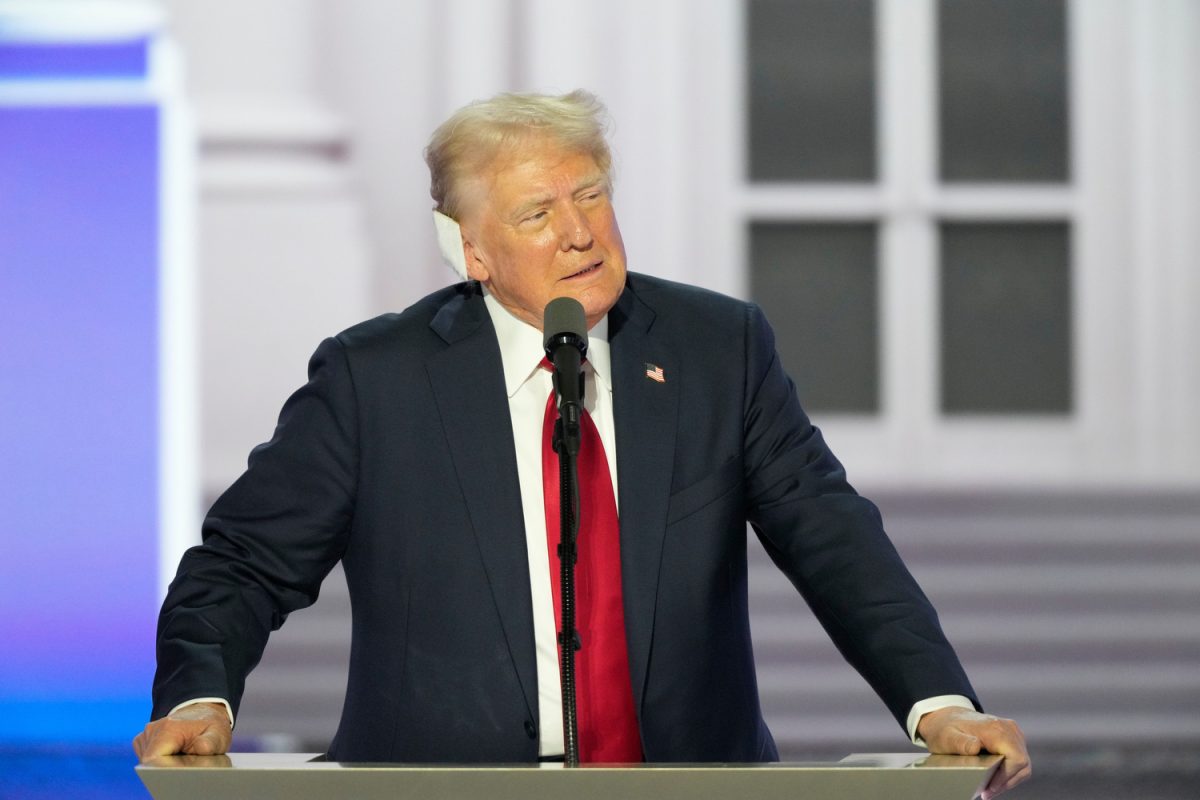Like it or not, Bernie Sanders now has a Super PACs backing his presidential aspirations.
In Iowa City and across the state, National Nurses United is sponsoring billboards featuring the Vermont senator.
“We are going to continue to campaign for him,” said Charles Idelson a spokesman for the union. “We are not a Super PAC, we have a committee that existed long before Bernie Sanders ran for president.”
Nurses United does have a traditional political-action committee dating back to February 2008, but its Super PAC organized in 2010 was set up just like any other one.
Sanders has staked a large part of his campaign on his disdain for Super PACs — a distinction between him and the two other Democratic hopefuls Hillary Clinton and Martin O’Malley.
“Unlike others, we have not started a Super PAC, are not coordinating with a Super PAC, and we have not fundraised for a Super PAC,” said Jeff Weaver, Sanders’s campaign manager in a statement that iterates what he told the Washington Post. “We stand by our position that we do not want the help of a Super PAC.”
Unlike the former secretary of State or ex-Maryland governor, Sanders does not have a Super PAC with ties or connections to his own campaign. Both Clinton and O’Malley have loyalists staffing their operations. Clinton’s campaign legally can, and has, asked for donations to Priorities USA Action, her Super PAC of choice.
National Nurses United, a union of 185,000 nurses across the country, has an independent expenditure-only committee, more commonly called a Super PAC. Effectively this means the outfit can accept unlimited donations and then spend an unlimited amount of money provided it does not coordinate with Sanders’s presidential campaign.
The nurses’ outdoor advertisements will be complemented by other efforts before Iowa’s Feb. 1 caucuses, Idelson said — although he declined to go into detail. For now, the nurses’ investment in Iowa is minuscule compared with the amount groups backing the two other Democratic presidential candidates have already spent.
According to Federal Election Commission records, the union’s Super PAC has spent just over $52,000 in Iowa on billboards.
In comparison, Generation Forward, a Super PAC backing O’Malley, spent just under $50,000 on ads airing from to June to October on eastern Iowa’s KCRG. And a single donation of $1 million from Hollywood icon Steven Spielberg to Priorities USA Action more than matches the billboards.
Unlike the two other groups, records show that the nurses usually received the bulk of their funds from union dues.
Sanders has also been endorsed by Progressive Kick, a national Super PAC that prides itself on supporting candidates that meet its inspiration. Its president describes himself as coming from “Paul Wellstone wing of the Democratic Party.” Wellstone was a progressive bulwark in the U.S Senate before he died in a plane crash in Minnesota just 12 days before Election Day in 2002.
As for Sanders’ disdain of outside money, Joshua Grossman, president of Progressive Kick, said he and the democratic-socialist just have different views.
“I hear what they are saying, but I’m legally precluded from collaborating with the campaign,” Grossman said. “They have to make their decisions, and I have to make mine.”
Grossman would not rule out spending money in Iowa but noted he did not want to broadcast his strategy to the world.
Legal experts say there is little Sanders can do.
By law, the organizations are free to advocate for his election even if he continues to tout his opposition to their efforts.
Derek Muller, associate professor of law at Pepperdine University, said Sanders could take the approach used by then-Sen. Scott Brown, R-Mass., and current Sen. Elizabeth Warren, D-Mass., during the 2012 Massachusetts Senate race.
The two candidates agreed to limit outside money by stipulating if such an ad was aired on TV or online, the candidate supported by the spot would donate 50 percent of the cost of the ad to a charity of the opponent’s choice.
Muller said while it is unusual for a candidate like Sanders to put himself at a disadvantage, Super PACs may not be as beneficial as one might believe.










